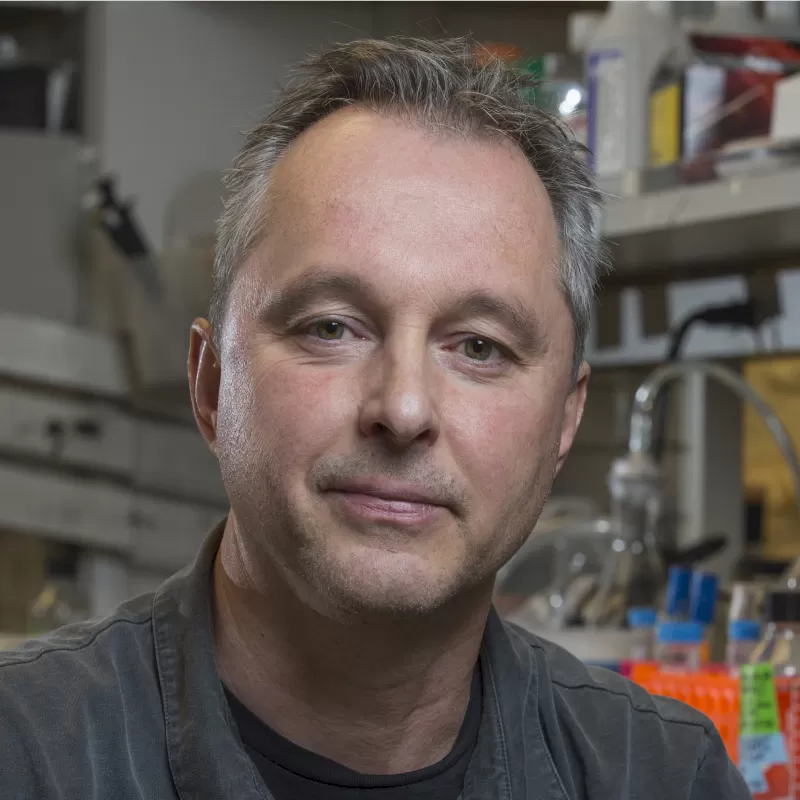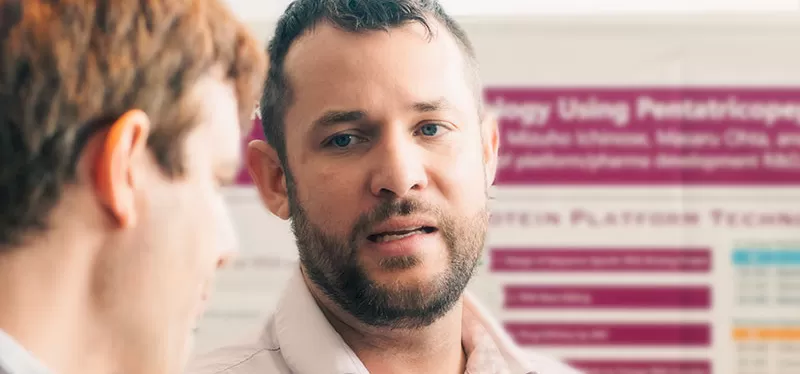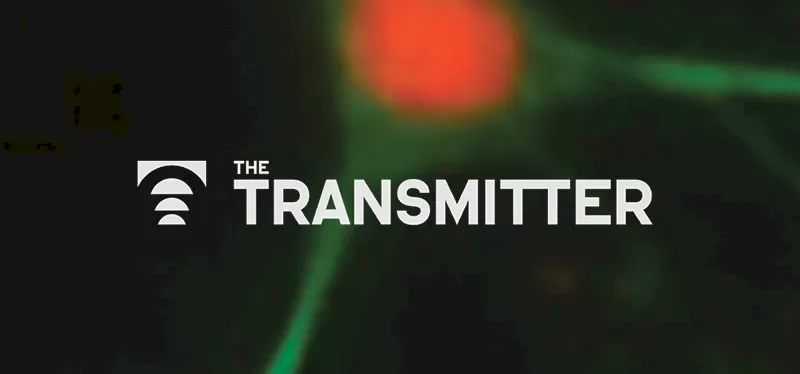MECP2 Reactivation
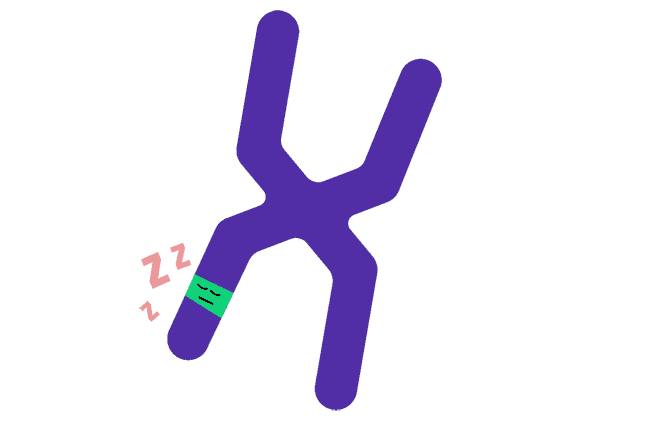
Wake Up!
Rett syndrome is caused by mutations in the MECP2 gene on the X chromosome. All females have two X chromosomes, one active and one inactive. In every cell where the mutated gene is active there is a healthy backup gene on the inactive X chromosome. The goal of this strategy is to awaken the healthy, silenced gene. It should work for all MECP2 mutations.
RSRT has invested over $9 million in MECP2 reactivation. This investment has driven collaborations, initiatives, and investments which have helped to generate the following MECP2 reactivation programs.

An Innovative Collaboration
RSRT is funding a collaboration between three labs, each of which brings a unique skill set and resources to the project.
Their strategy combines two approaches to modify the epigenome – molecules on DNA that turn genes on and off. The first approach is to reduce the amount of Xist, a special kind of RNA molecule that coats the inactive copy of the X chromosome, keeping it turned off. The other is to use a modified version of CRISPR technology to hone in specifically on the MECP2 gene, removing an epigenetic mark from the DNA to turn the gene back on.
Dr. Liu was intrigued by the fact that 20% of the genes on the inactive human X chromosome escape inactivation and are actively making protein. A common feature of these "escapee" genes is the unique physical structure of the DNA that surrounds them. The hypothesis is that the physical structure of the surrounding DNA helps to maintain gene activation.
He theorized that by mimicking the DNA structure around the MECP2 gene he might coax the gene to stay active. He is researching a two-prong approach to reactivation by combining the removal of methyl groups with the changing of the DNA structure around MECP2.
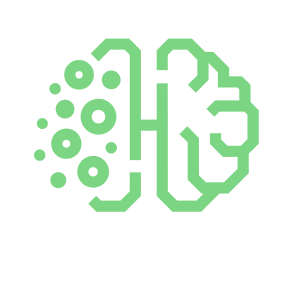
Herophilus
Herophilus, Inc. is a biotech company that employs human brain models and machine learning to discover and develop novel drugs for brain diseases. Their lead program is for Rett syndrome which advances HRP-12975, a small molecule therapy that reactivates the MECP2 gene on the silenced X chromosome.
RSRT has provided funding to Herophilus to support drug development of HRP-12975 and access to the RSRT biorepository of patient cell lines.


Alcyone
Alcyone Therapeutics announced their Rett program, ACTX-101, a genetic strategy to reactivate the silenced X chromosome in 2021.
The program was developed through a strong collaboration between leading scientists Dr. Kathrin Meyer and Dr. Sanchita Bhatnagar, both of whom got their start in Rett through, and were introduced, via RSRT funding.



